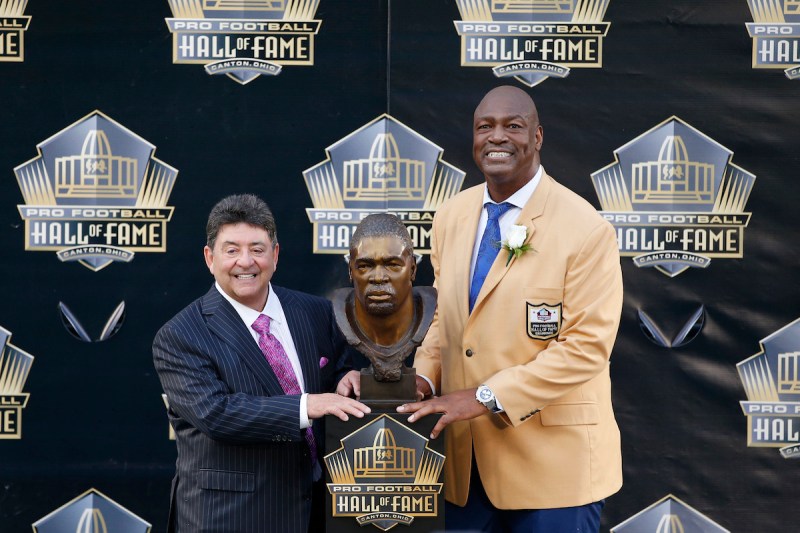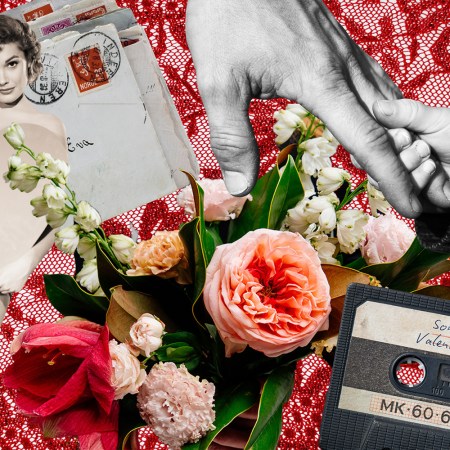
A fourth-round selection, Charles Haley is arguably the most accomplished linebacker/defensive end in NFL history, as he collected 100.5 sacks, twice won Defensive Player of the Year honors, was inducted into the Pro Football Hall of Fame in 2015, and, oh yes, is the only player to win five Super Bowls. Indeed, one of the most dramatic shifts in recent NFL history came when he moved from the San Francisco 49ers to the Dallas Cowboys in 1992. With Haley, the 49ers won two titles. (They’ve only won one in the decades since.) With Haley, the Cowboys won their first Super Bowl since the 1970s and collected two more with him. (They haven’t won any since he retired.)

The only reason that Haley even left the 49ers was that, thrilled as they were by his performance on the field, they felt they could no longer put up with how he acted off of it, particularly the increasingly aggressive arguments with his coach George Seifert. Indeed, Haley’s behavior was often so bizarre and crude—ranging from informing everyone in hearing range that new teammate Troy Aikman couldn’t carry Joe Montana’s jock and threatening sportswriters to various NSFW actions, often involving him being naked—that it was hard not to conclude there was something wrong with him.
There was: Haley was struggling with an undiagnosed bipolar disorder. “As a player, it didn’t hurt me any because I learned to adapt my behavior to be able to focus,” Haley has said, but concedes understanding what he was undergoing “probably would have helped me with my teammates.” He acknowledges he was plagued by suicidal thoughts and regrets not seeking help much earlier: “As men, we don’t want to tackle anything like that. We’d rather run out of gas than ask for help.”
Haley co-wrote, with Jeff Sullivan, the book Fear No Evil: Tackling Quarterbacks and Demons on My Way to the Hall of Fame, which resulted in him taking a long look back at his career and life. (He now spends time speaking to players and college students about mental illness—he says he makes a point of trying to connect with their parents, feeling that too often they’re hesitant to seek needed help for their children: “They know, but they won’t take any action.”)
As he comes to terms with a decidedly checkered past, Haley has adopted an interesting theory on making amends with those he wronged: “I don’t apologize, I regret my action. We say sorry, and it’s just like saying I love you, and it has no meaning. I let my teammates know that I regret my actions.”
To read an interview with Haley for Monday Morning Quarterback, click here. To get a copy of his book, click here. At the bottom, watch Haley’s fellow Hall of Famer, former 49ers teammate, and close friend Ronnie Lott recounting an incident when he had be called over to calm Haley down after a rough game … which was strange, because by this point, Lott played for the opposing team.
Whether you’re looking to get into shape, or just get out of a funk, The Charge has got you covered. Sign up for our new wellness newsletter today.


















